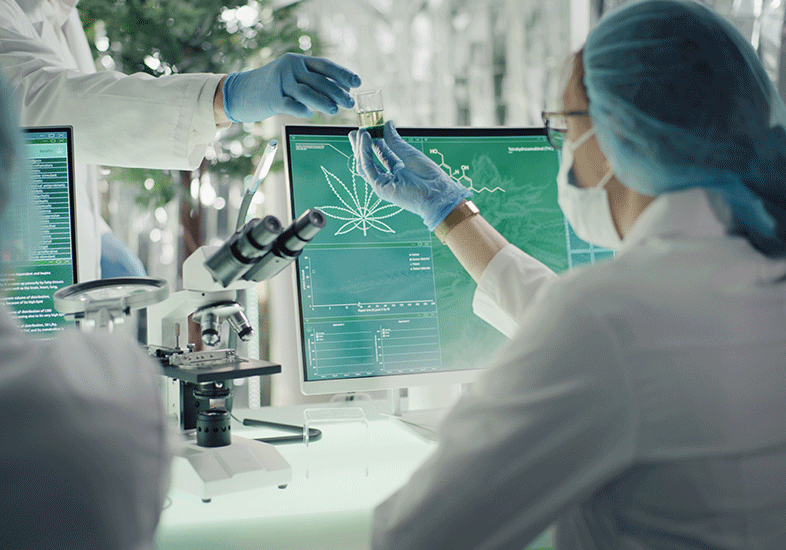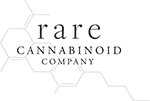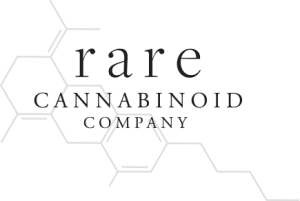
What are cannabinoids?
Dear Cannabinoids: What exactly are you? We hear a lot about CBD, THC and your close cousins, but how do you work?
These hemp compounds do a million wonderful things, but writing back to us is not one of them. So, we’ve taken all of your most-asked questions and answered them for you here:
First of all, what are cannabinoids?
They are a class of diverse chemical compounds that act on receptors in cells that alter neurotransmitter release in the brain. They are found in plants, including cannabis and agricultural hemp, as well as in the body’s own endocannabinoid system. There are many different cannabinoids, but the two most well-known and studied are tetrahydrocannabinol (THC) and cannabidiol (CBD).
What do cannabinoids do?
They interact with the body’s endocannabinoid system (ECS). The ECS is a network of special receptors located throughout the body that helps to regulate many important functions, including mood, appetite, discomfort and more. Research suggests that cannabinoids may help to support a healthy ECS by modulating key signaling pathways involved in maintaining homeostasis.
How many cannabinoids are there?
There are more than 100 found in cannabis and hemp plants. Some of the most well-known include THC, CBD, CBN (cannabinol), CBG (cannabigerol) and THCV (tetrahydrocannabivarin).
Are cannabinoids healthy?
Naturally occurring cannabinoids are generally believed to offer many health and wellness benefits with very few side effects. However, psychoactive compounds, mainly THC, can cause paranoia and dizziness if taken in large quantities. Synthetic or man-made forms of them can be dangerous. See related blog: Dangers of Synthetic Delta-8-THC
Will cannabinoids get you high?
What cannabinoids are psychoactive? Well, THC is the main one responsible for the psychoactive effects, or “high,” associated with cannabis. The primary form of THC naturally found in cannabis and hemp is Delta-9-THC. Recently, other forms of THC have been created from hemp-derived CBD. These include Delta-8-THC, Delta-10-THC, and HHC. These synthetic forms of THC can be dangerous. See FDA and CDC warnings here. Meanwhile, CBD and most others do not produce a high. A few others may be psychoactive if taken at extremely high levels.
What are the side effects of cannabinoids?
The side effects of vary depending on the type. THC can cause paranoia, anxiety and dizziness. CBN (cannabinol) can cause sleepiness and possibly sedation at high levels. THCV can cause people to lose their appetite and have more energy.
What does total cannabinoids mean?
It refers to the sum of all the cannabinoids present in a product. This includes both THC and CBD, as well as other less prevalent ones like CBG, CBN, and CBC.
What are rare cannabinoids?
Rare or minor cannabinoids are those that are present in cannabis and hemp in smaller amounts than THC and CBD. Some popular rare or minor compounds include CBG, CBN, CBC and more.
What are the benefits of cannabinoids?
They offer a wide range of potential health benefits. They’re being studied for their ability to support overall health and balance, as well as for specific uses such as discomfort, sleep, or focus. See our definitions of each one and its potential uses below.
What is CBD?
CBD, or cannabidiol, is a non-intoxicating compound found in cannabis and hemp. It interacts with the body’s endocannabinoid system to support overall health and balance. It also aids stress resilience, joint health and more. We specialize in broad and full spectrum Hawaiian CBD as well as extra strength CBD isolate and CBD gummies. Shop CBD oil Hawaii here.
What is THC?
THC, or tetrahydrocannabinol, is the main psychoactive element found in cannabis. It produces the “high” associated with marijuana use. It may also help with temporary discomfort, stress relief, and nausea. Buy THC Gummies.
What is CBN?
CBN, or cannabinol, is a cannabinoid best known for its relaxing, sleep-promoting effects. CBN is produced when THC breaks down and oxidizes. Shop CBN products.
What is CBG?
CBG, or cannabigerol, is non-intoxicating and may offer more relief from discomfort than CBD and THC. If you’re interested in trying CBG oil tinctures or gummies, you can find CBG for sale here.
What is THCV?
THCV, or tetrahydrocannabivarin, is a stimulating oil that increases energy and decreases hunger, which may support THCV weight loss when combined with a healthy diet and exercise. Looking for THCV weight loss products? THCV oils, THCV hemp and THCV gummies are especially popular for those wishing to getting in shape. Buy THCV gummies and shop all THCV for sale. Or try THC + THCV gummies.
What is CBDV?
CBDV, or cannabidivarin, is a non-intoxicating cannabinoid that supports sociability, memory, and may reduce irritability. Shop CBDV for sale.
What is CBDA?
CBDA, or cannabidiolic acid, is converted to CBD when exposed to heat or aging. CBDA oil offers relief for occasional nausea and is not intoxicating.
What is THCA?
THCA, or tetrahydrocannabinolic acid, is the raw, unheated form of THC. THCA is non-psychoactive but turns into THC when exposed to heat.
What is CBGA?
CBGA, or cannabigerolic acid, is the precursor to THC, CBD, CBG and others. CBGA oil supports a healthy immune system. See this scientific on CBGA and CBDA here.
What is CBC?
CBC oil, or cannabichromene oil, has been found to raise levels of the brain’s “bliss” molecule anandamide and therefore may improve mood. Shop for CBC cannabinoid, CBC oil, and Mood Gummies (with CBC oil, Delta-9-THC, and CBD).
What are synthetic cannabinoids?
Synthetic cannabinoids are human-made chemicals that mimic the effects of natural ones. These drugs are often sold as designer drugs or “legal highs.” Synthetic cannabinoids can cause serious health problems and even death. There is also another class of synthetic cannabinoids that covers Delta-8-THC, Delta-10-THC, HHC and more. These compounds are converted from CBD. While the finished product appears similar to a naturally occurring oil, they often undergo many chemical processes to get to there. This is when solvents and chemicals can be left behind and make those products dangerous.
What plants produce cannabinoids?
While the majority come from hemp and cannabis, they may also be found in other plans such as rhododendron, licorice, liverwort, and echinacea.
Do cannabinoids reduce swelling?
Many are being studied for potential swelling reducing effects. CBG (cannabigerol) and others show a lot of promise.
Does hemp seed oil contain cannabinoids?
No, it doesn’t. However, it is rich in other nutrients like omega-3 fatty acids, vitamins, and minerals.
What are active cannabinoids?
Those that bind to cannabinoid receptors in the body and produce a biological response.
What is an endocannabinoid?
An endocannabinoid is a compound produced by the body that binds to cannabinoid receptors. The two best-known endocannabinoids are anandamide and 2-AG.
Any more questions?
We hope this Q&A has helped clear up any confusion over what is cannabinoids! Please email us at info@rarecannabinoidco.com if you have more questions or take a look at our CBD glossary, this blog on “What are rare cannabinoids?” and our other posts. Join our mailing list for Rare Cannabinoid Company coupon code and discount offers.

